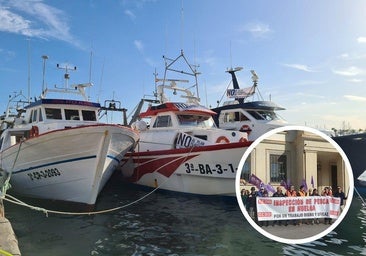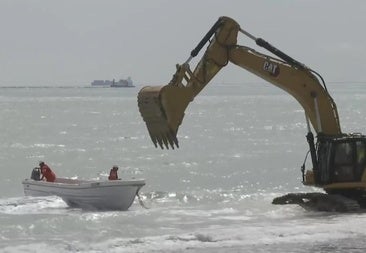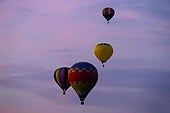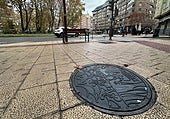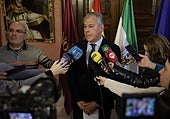Marine Waste Transformed into Recycled Material: The Innovative Initiative of 7 Ports in Alicante
The project enables the transformation of waste into sports equipment such as yoga blocks and similar items
Pau Sellés
Alicante
Monday, 3 March 2025, 12:11
Siete puertos de la provincia de Alicante se han sumado a una iniciativa que permite transformar basura marina en materiales reciclados. Se trata de los puertos de Dénia, Xàbia, Calp, Altea, La Vila Joiosa, Santa Pola, y Torrevieja, parte de los 35 en todo el país en sumarse al proyecto 'Digital Marine Litter Passport', y que permite que estos residuos sean transformados en material deportivo como bloques de yoga u otros objetos similares. Sumada a la innovación tecnológica, el proyecto se nutre también de la implicación de pescadores de distintas cofradías pesqueras.
The project has been launched by AIMPLAS, the Technological Institute of Plastics. Additionally, the NGO ITWILLBE is also participating in this project to analyse the social and environmental impact of the voluntary work carried out by the fishing guilds. The Biodiversity Foundation of the Ministry for Ecological Transition and the Demographic Challenge also collaborates through the Pleamar Programme, co-financed by the European Union through the FEMPA (European Maritime, Fisheries and Aquaculture Fund).
In parallel, the project aims to increase the amount of recycled marine waste, introducing the largest possible amount of this material into the final product while maintaining optimal properties for industrial use. In this regard, AIMPLAS is responsible for implementing a mechanical recycling pilot where marine waste will be conditioned to obtain a format that facilitates subsequent transformation processes.
Heterogeneous Waste
In this way, a second life is being given to marine waste, promoting the circular economy while encouraging transparency in its management and fostering the sustainability of the oceans. Additionally, all stakeholders, including the end consumers of recycled products, will be able to better understand the materials and products they use and their embedded social and environmental impact.
In the words of Andrea Ruzo, director of the Ecoalf Foundation, "marine waste is very heterogeneous, so once we collect it, we take it to waste management plants, where we separate it by categories following strict environmental protocols. Plastics are one of those materials we find and know can be recycled."
Andrea Ruzo also highlighted that this work, in addition to cleaning the seas, encourages that "when recycled materials are transformed into new products, the consumer can understand the origin of the materials and make consumption decisions based on social and environmental impact."
